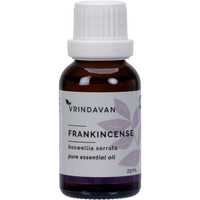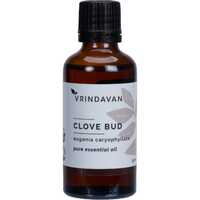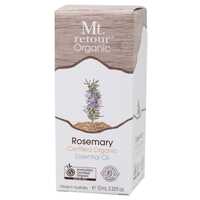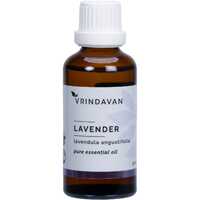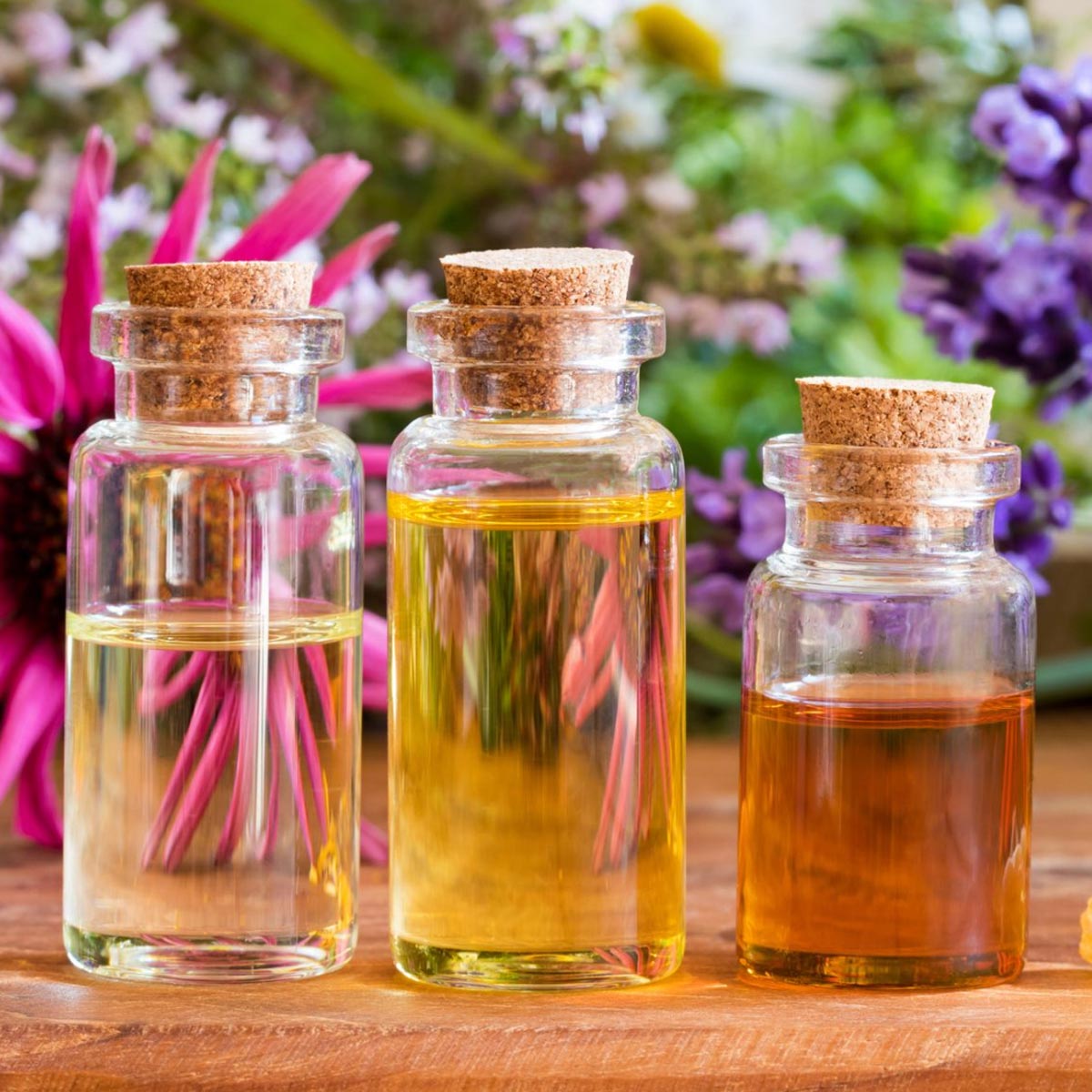The natural world presents us with numerous opportunities to meet the challenges of modern life. Essential oils have long been used to support health and well-being, with the active ingredients in plants extracted to release fragrances, promote physical health, and support psychological balance. A variety of volatile and aromatic oils are used in aromatherapy, which is a form of complementary medicine designed to support good health and positive life outcomes.
The use of essential oils offers a holistic way to meet the challenges of modern life through the power of fragrances and natural plant-based ingredients. The aromatic oils used in aromatherapy have been used as a powerful healing aid for thousands of years in the ancient cultures of China, India, and Egypt. Plant oils were also used in ancient Greek and Roman times, with modern techniques used to produce essential oils coming from Muslim Spain before spreading across Europe and the New World.
Essential oils are known to induce different reactions, from calming and relaxation to stimulation and awakening. The aromas and chemical components of various plants produce a range of physical and emotional responses, with the quality of ingredients and method of ingestion also having an influence on the overall effects. Let's take a look at some of the most popular essential oils that can help you cope, heal, and thrive in the modern world.
Eucalyptus oil
Eucalyptus oil has a wide range of amazing medicinal properties and healing powers. Native to Australia, eucalyptus trees produce oval-shaped leaves with a high concentration of beneficial essential oils. This oil has a number of antiseptic, anti-inflammatory, antibacterial, and antiviral properties, and helps to alleviate many of the symptoms associated with colds and fevers. From clearing blocked-up sinuses to breaking down mucus and silencing coughs, eucalyptus oil is a great healing tool during the winter months.
Along with helping to treat coughs and colds, eucalyptus has a number of beneficial properties associated with stress, anxiety, and physical healing. This powerful essential oil can help to relieve stress, manage insomnia, fight off headaches, reduce inflammation, and disinfect wounds. Eucalyptus is also a great insect repellent and even has potential as a treatment for diabetes.
Lavender oil
Lavender is a beautiful aromatic herb popular for its alluring fragrance and medicinal properties. It is native to Northern Africa and the mountains of the Mediterranean, where it can be seen among rock forms and arid landscapes. The distillation of lavender flower spikes has been used for the treatment of anxiety, fungal infections, hair loss, and wound healing in both traditional medicine and modern aromatherapy.
The pleasant aroma and natural chemical properties of the lavender plant have made it popular as a beauty treatment. This oil can be used for skin care, dandruff treatment, insect bites, and sunburn as well as in perfumes and fragrances. Lavender oil is believed to have a range of antiseptic and anti-inflammatory properties, and has shown some promise in the treatment of anxiety, depression, and insomnia.
Peppermint oil
Peppermint is a versatile plant with a range of stimulating and healing qualities. Loved since ancient times, this perennial herb has been found in Egyptian pyramids and far-flung corners of Japan and China. Peppermint oil has a range of anti-inflammatory and antiviral properties, and can help to treat many of the respiratory symptoms that accompany coughs and colds. This essential oil has also been used in the treatment of headaches and nervous conditions, and is a known antiseptic used to relieve skin irritation.
Rosemary oil
Rosemary oil is often used as a powerful natural stimulant to enliven the senses and promote energy in the body. This pleasant and uplifting oil is used in hair and cosmetic products to relieve itching and treat dandruff. Pure organic rosemary oil also helps to relieve muscle aches and pains and provide relief from muscle tension. Rosemary oil has antiparasitic, antifungal, and antibacterial properties, and may help to reduce allergic reactions, cold and flu symptoms, and muscular pain.
Lemongrass oil
Lemongrass essential oil is a sweet and versatile extract with a range of antioxidant and medicinal properties. Lemongrass is a grassy plant that grows in tropical environments, with the leaves and stalks of this plant producing a powerful citrus scent. Lemongrass oil is a popular tool in aromatherapy, and can be taken to help relieve stress and assist with the reduction of anxiety and depression. Due to its strong antioxidant properties, lemongrass oil has been used as a folk remedy for digestive problems like stomachaches and gastric ulcers.
Lemon oil
Lemon oil is often used in the production of soaps and other personal care products, and has a number of antiseptic properties that help to promote wound healing. The powerful citrus scent of lemon oil is ideal for soaps, beauty and personal care items, and home cleaning products, among others. The stimulating yet soothing effect of lemon oil helps to promote mental clarity and calm, with this oil capable of refreshing the house while rejuvenating the mind.
Frankincense oil
Known for its lead role in the Christian holy incense ritual, and used in Ayurvedic medicine for thousands of years, frankincense has a woody and spicy presence when used as an essential oil. This powerful oil offers a range of health benefits, including a number of incredible anti-inflammatory properties for the treatment of joint pain and arthritis symptoms. Frankincense oil may help to reduce the symptoms of osteoarthritis and rheumatoid arthritis, with the anti-inflammatory properties of this plant also helping to promote healthy gut function.
Frankincense may also be useful for skin and beauty treatment, both for healing wounds and rejuvenating the skin to promote a healthy and youthful appearance. This essential oil can be applied to help smooth wrinkles and firm up skin, and may be useful in treating acne and other scars. Frankincense has an enduring mystical reputation in many parts of the world, with its ceremonial use still associated with mental clarity and a sense of spiritual peace.
Patchouli oil
Loved in the 1960s for its earthy scent and spicy tones, patchouli is experiencing a revival thanks to its unique scent and numerous medicinal properties. Patchouli oil has a range of antifungal and antibacterial properties, and has been used traditionally for treating skin conditions, calming nerves, and enhancing mood. This essential oil also has anti-inflammatory properties, which help to explain some of its pain-relief, skin-healing, and sedative effects.
Tea Tree oil
Tea tree oil is a versatile and highly beneficial plant ally with a range of antifungal, antiseptic, antibacterial, anti-inflammatory, and antiviral properties. This small tree is native to Queensland and New South Wales in Australia, and has been used as a traditional medicine by the Aborigines for thousands of years. Tea tree oil can be used to treat coughs and colds or applied directly to the skin to promote physical healing along with healthy skin and hair function. With incredible antiseptic and antibacterial properties, this oil is fantastic for keeping germs and bacteria away.
Clove oil
Clove oil is derived from clove trees native to Southeast Asia. Clove oil is typically produced by distilling the dried flower buds from the clove tree, with this essential oil also available as clove bud oil. Clove essential oils are composed of eugenol, eugenyl acetate, and caryophyllene, with the higher concentration of eugenol in clove bud essential oil giving it a heavier and stronger consistency. Clove oil can be used in a blended massage oil, taken to help with bronchitis and colds, and used as cream, lotion, or mouthwash in low dilution.
Essential oils are a great way to promote and support a healthy body and mind. Powerful antifungal, antiseptic, antibacterial, and anti-inflammatory properties in many essential oils enable a diverse range of physical and emotional healing applications. Whether you're looking for skin treatment, pain relief, or mental clarity, aromatherapy can be an effective way to influence your health and well-being through the power of natural essential oils.


 Certified Organic
Certified Organic Vegan Friendly
Vegan Friendly  Vegetarian
Vegetarian Organic Ingredients
Organic Ingredients Dairy Free
Dairy Free Gluten Free
Gluten Free Keto Friendly
Keto Friendly


























